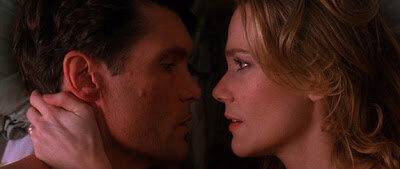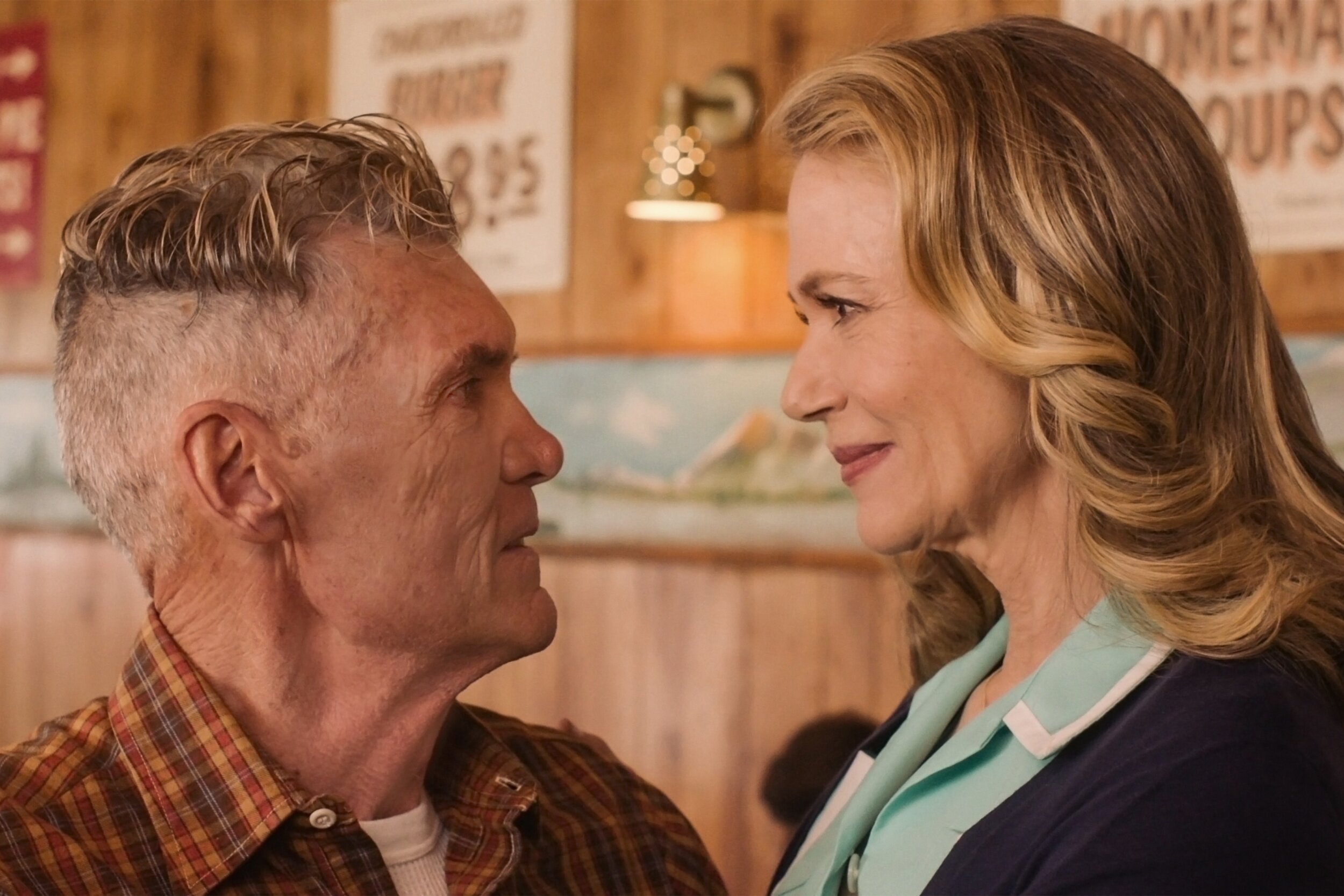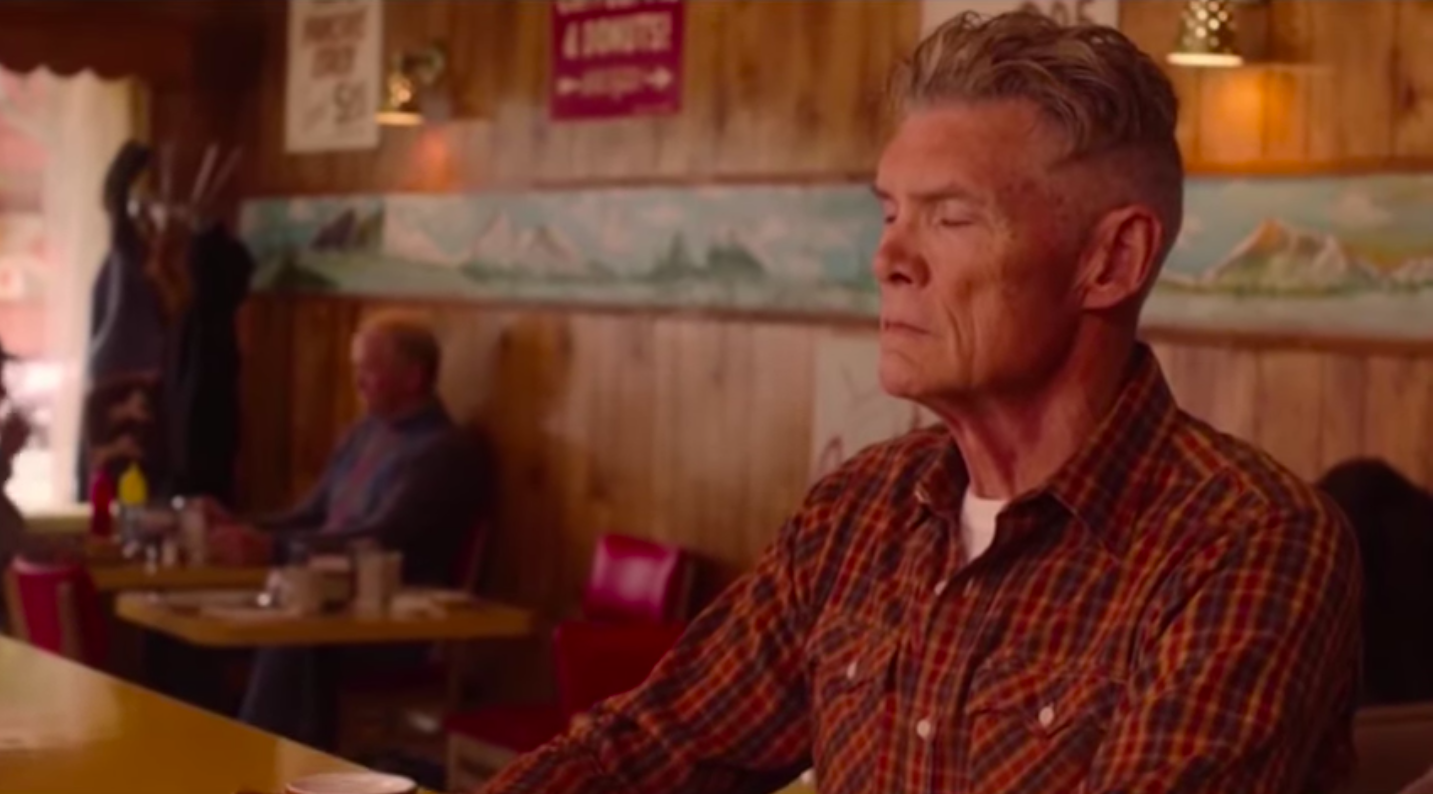Lynchian Love
Some twenty years ago I came across the term “objet petit a” invented by Jacques Lacan. I didn't get it. I read a few papers. I didn't get it. I left it for a few years until Lacanian philosopher Slavoj Žižek explained it to me through some popular cultural references. I didn't get it. I looked up the blunt definition “object cause of desire” & thought I got it. I didn’t. Retrospectively the objet petit a had become my objet petit a, the very obstacle to my desire for meaning, an obstacle I was unconsciously enjoying. Enter David Lynch. Last night I watched Part 15 of Twin Peaks: The Return, which revisits the original series televised & set 25 years previous, a series I watched on some snowy channel in my adolescence, an adolescence spent in a village with a hotel situated by a waterfall, surrounded by woodlands & a village sign with a population listed less than the original 5,201 of Twin Peaks. During those school days I gazed, listless, out the school bus window with Twin Peaks' tender theme song & its abject abstractions imprinted on my squishy teenage brain. I was Haunted. Still am. The best episode so far, Part 15, blends the old Twin Peaks (innocence amidst the possibility of terror) with the new Twin Peaks (terror amidst the possibility of innocence). Diner owner Norma & gas station owner Ed—the couple who never became official but edge the precipice of its possibility for two lifetimes in TV hours—finally overcome the ultimate pretext & obstacle to their desire, their objet petit a: Nadine. Let me explain. Ed is married to patch-eyed & mentally disturbed Nadine. For a brief interlude in the original series Ed & Norma get together when thirty-something Nadine loses her memory to regress into a teenager in the possession of superhuman strength. Everyone is ‘happy’ until Nadine's memory returns in the concluding episode. In The Return, Nadine confronts Ed at his gas station with a golden shovel (long story) & releases him from his marital obligations. A gawky Ed rushes to the diner, waves & strides towards Norma to tell her in his country & western timbre that he is free, they are free. Norma snubs him momentarily by continuing with a business appointment in a booth at the far end of the diner with a man that Ed suspects is also a love interest. Ed— a still reed in a storm—orders a coffee, takes a seat at the counter after a few sidelong glances with Norma that reciprocate disappointment, to then slip into a thousand yard stare. Closing his eyes to inhale & hold the seconds, Ed braces against the suspended moment when Norma will either reject or accept him. Same again Sam. The objet petit a is not the object of desire (Norma or Ed) but the delay & suspension of attaining the object of desire. They are entangled, desire & its obstacle, fusing as surplus enjoyment. Ed's freedom from Nadine immediately finds its substitute in another ad hoc objet petit a—anything to prolong the obstacle & object cause of their desire, a desire that will become void alone. This scene, although it has the elements of what could turn into the dogma of a Hollywood embrace overseen by the cheers of an overenthusiastic crowd, is anything but. Norma & Ed finally seal the union with a kiss, somewhat ironically to Ottis Redding’s I've Been Loving You Too Long after dancing too long to Jim Morrison's lyric I've got this girl beside me, but she's out of reach. I give them 6-months. Tops.



